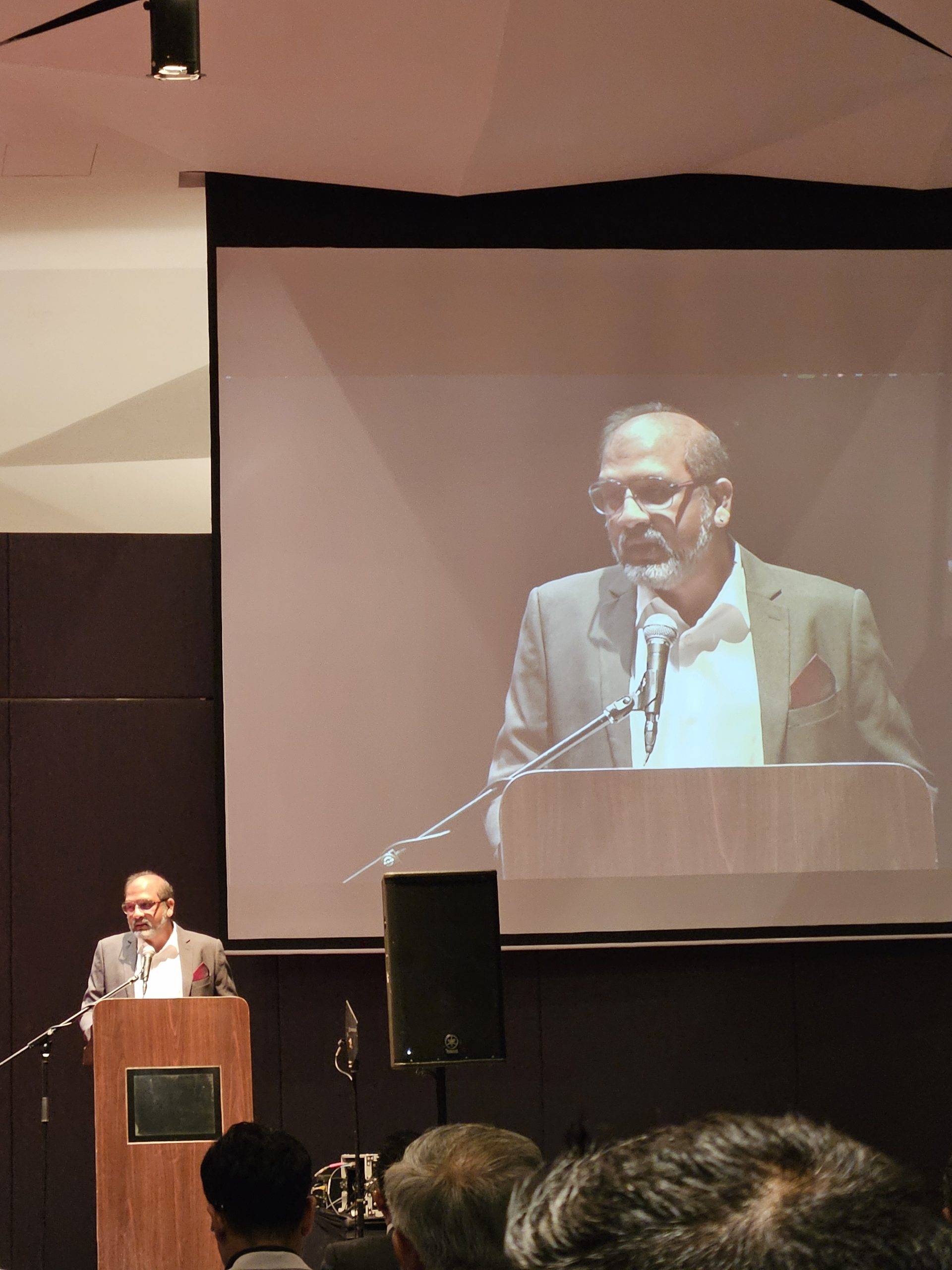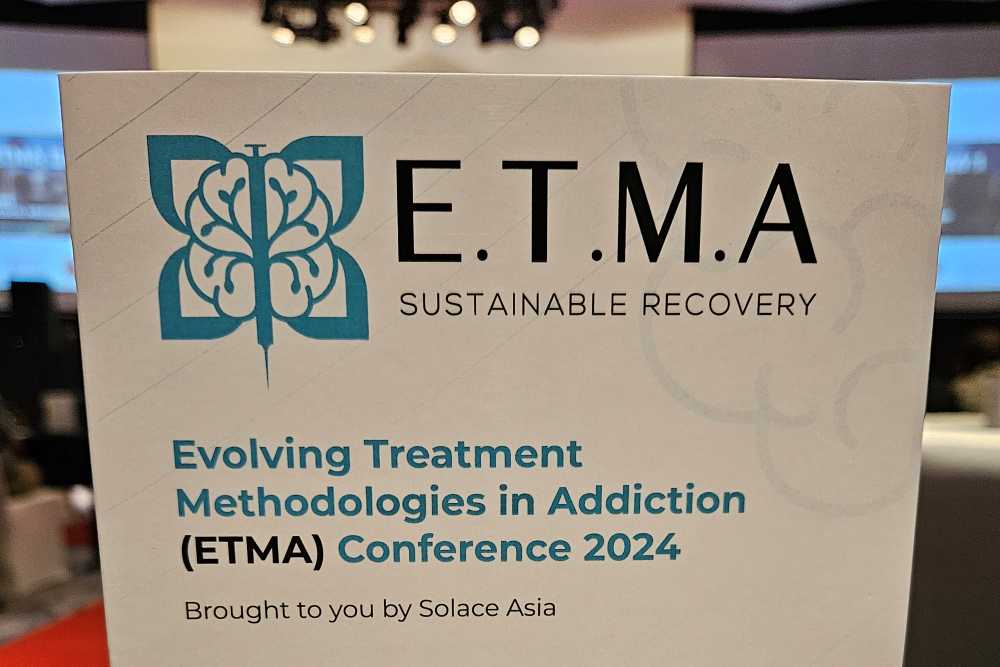Another important turning point in addiction treatment and recovery was recently reached when Solace Asia hosted the much-anticipated Second Conference on Evolving Treatment Methodologies in Addiction (ETMA).
The event occurred on March 21 and 22, 2024, at the Sofitel Damansara in Kuala Lumpur, Malaysia.
The Struggle In Tackling Addiction
A variety of mental health specialists, including psychologists and psychiatrists from around the globe, were gathered to hear about the newest and most innovative methods for treating addiction. The Crown Prince of Kedah, Duli Yang Teramat Mulia Tengku Sarafudin Badlishah Ibni Al Aminul Karim Sultan Sallehuddin, officiated the event.
International Expertise: The Organiser
One of the top rehab facilities in Asia, Solace Asia offers comprehensive addiction treatment. It was founded in the centre of Malaysia with the goal of providing evidence-based, all-encompassing care to those in need. Its staff consists of addiction specialists who have received international certification. They are aware of the complexity of addiction and the effects it has on the addict and those close to them.
Spotlight on Latest Developments
The exhibition of the newest healthcare research and management techniques was essential to the event’s success. The founder and CEO of Solace Asia, Adjunct Professor Dr Prem Kumar Shanmugam, highlighted the need to treat addiction and the fact that the medical community is failing in its fight against it. He also emphasised the growing number of non-substance addiction cases and the importance of sustainable recovery as the primary treatment approach.

Medical Channel Asia’s Role
Medical Channel Asia attended as media for this event. By bringing attention to the significance of battling addiction and the harm that it can do to a person, his family, and the community in which they live, we supported the event and Solace Asia. We commend the team at Solace Asia for their efforts. Professor Dato’ Dr Andrew Mohanraj, a clinical advisor at Solace Asia and a consultant psychiatrist, emphasised that mental health is important for recovery because addiction and mental health problems typically coexist (depression, anxiety, etc).

